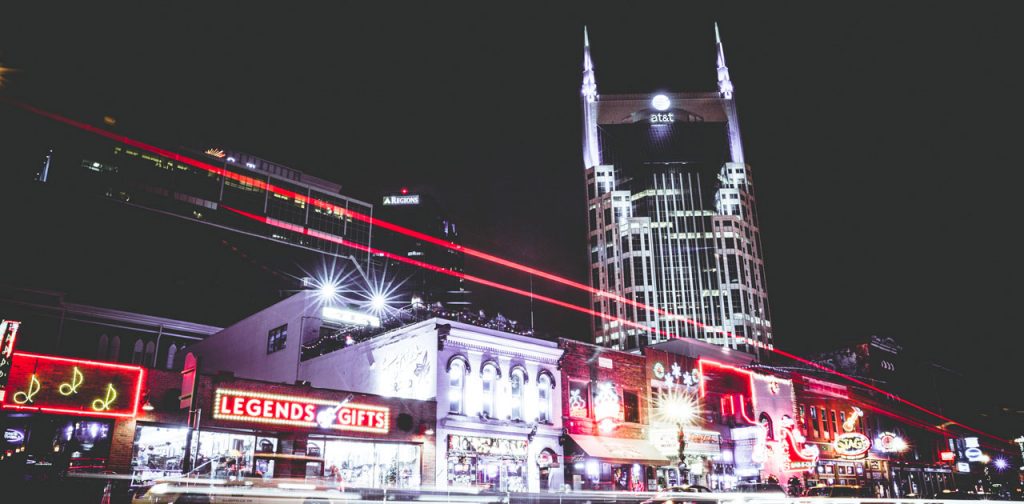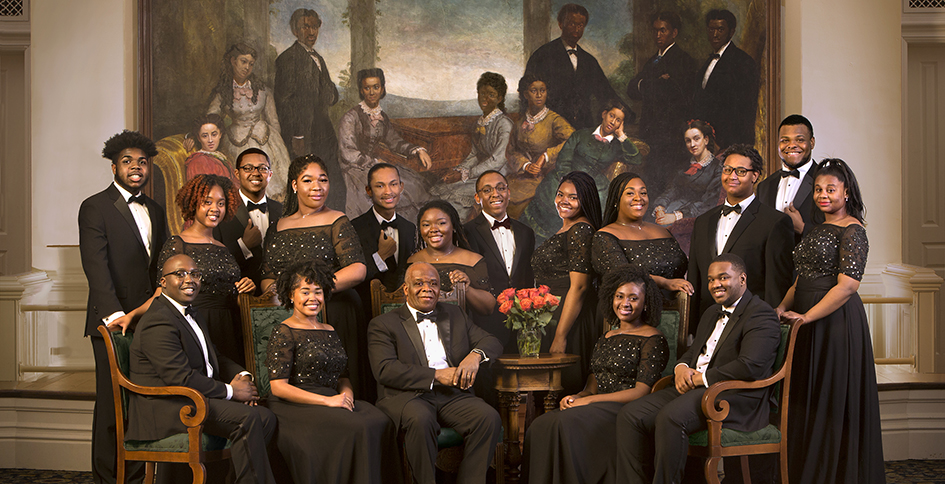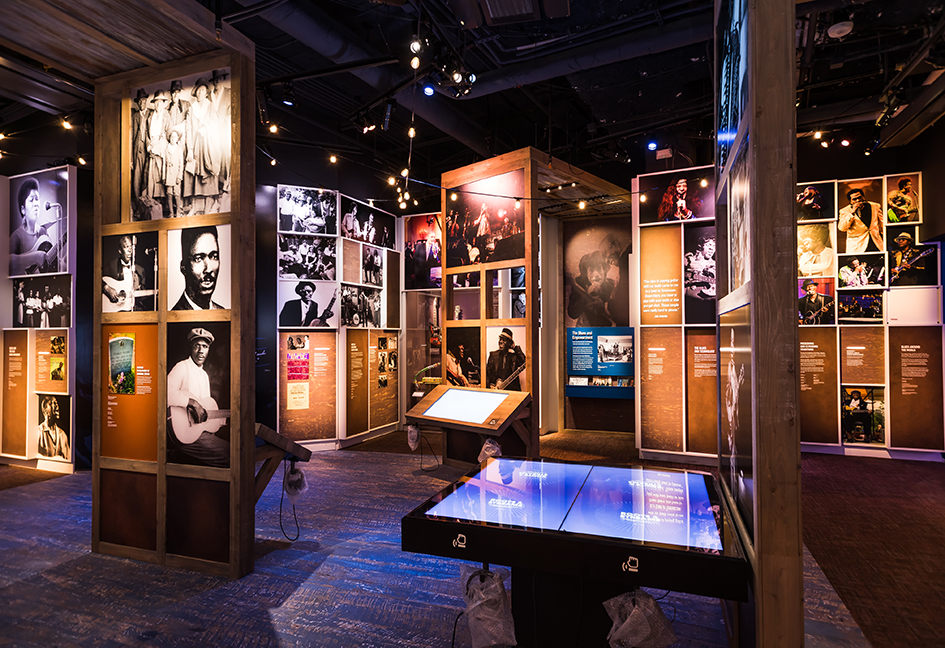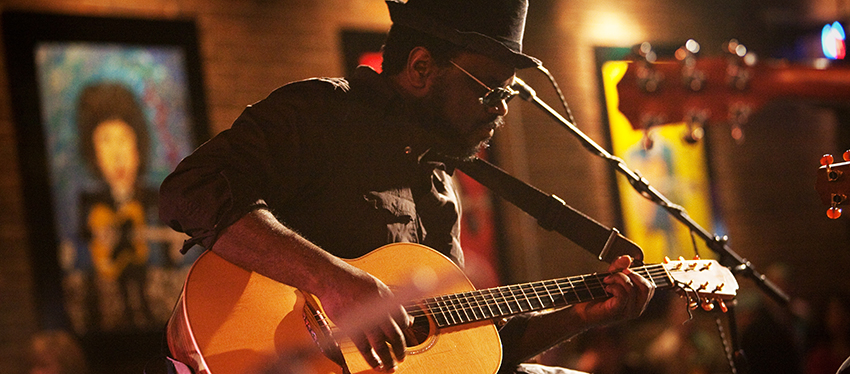The cultural impact of Music City’s Black history is seismic. From key Civil Rights Movement contributions to trailblazing alumni from the area’s Historically Black Colleges & Universities (HBCUs), one-of-a-kind museums and premiere Black-owned businesses, Nashville has rich stories and sites to preserve and celebrate all year-round.
Once a crucial location for the Civil Rights Movement, visitors are invited to explore the stories and sites that defined the transformative era in Nashville. The Civil Rights Room at the Nashville Public Library is a free educational space that focuses on Nashville’s leadership in the movement which led the city to become the first segregated southern city to desegregate lunch counters. Nearby, Witness Walls exist to honour the events and people who fought for racial equality in Music City. Historic Woolworth Theatre, site of successful sit-ins and non-violent activism, is registered as a historic site as part of the Fifth Avenue Historic District in Nashville. Tennessee State Museum also highlights the pivotal action that occurred in the state from the Civil War to Civil Rights Movement and beyond through its online and permanent exhibits.

Nashville’s four HBCUs, American Baptist College, Fisk University, Meharry Medical College and Tennessee State University, boast trailblazing alumni like Oprah Winfrey (TSU), Rep. John Lewis (ABC) and W.E.B. Du Bois (Fisk) among others. Visitors can tour Fisk University which was founded less than a year after the Civil War concluded and is home to renowned acapella ensemble the Fisk Jubilee Singers®. Griggs Hall at American Baptist College which educated many prolific participants of the Nashville sit-in movement is a notable spot, too.

Before Broadway attracted thousands of visitors to its honky tonks filled with live music, Nashville’s Jefferson Street – a mecca of jazz, blues and R&B from the 1940s through the early 1960s – housed clubs that artists including Jimi Hendrix, Etta James and Little Richard performed at regularly. The Jefferson Street Sound Museum preserves the history and legacy of this vibrant piece of Nashville’s music and cultural history. Most recently, the National Museum of African American Music opened its doors in the heart of downtown. The interactive, 56,000 square-foot facility encourages visitors to discover the central role African Americans have played in shaping all genres of American music.

Nashville is also home to a variety of Black-owned and co-owned businesses that are staples in Music City. Hot chicken, which has become synonymous with Nashville, began at none other than Prince’s Hot Chicken Shack. Slim & Husky’s Pizza Beeria was started by three TSU alumni and is known for its locally sourced ingredients and local craft brews. Set in historic Melrose theater, Sinema Restaurant & Bar serves American classics in upscale, contemporary digs. For the freshest fair-trade coffee possible, stop by one of 8th and Roast’s three Nashville locations. Other great spots include Swett’s, Willie B’s Kitchen and Lounge, Woodcuts Gallery and Framing, Minerva Avenue, pH Craft Cocktails, Southern V and Downtown Candle Co.
Five USA destinations you must visit in 2023





